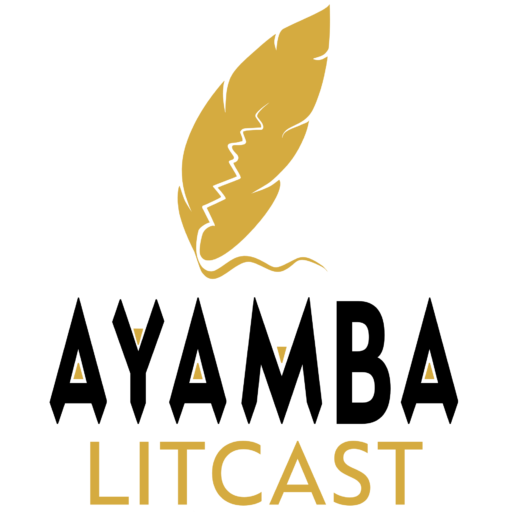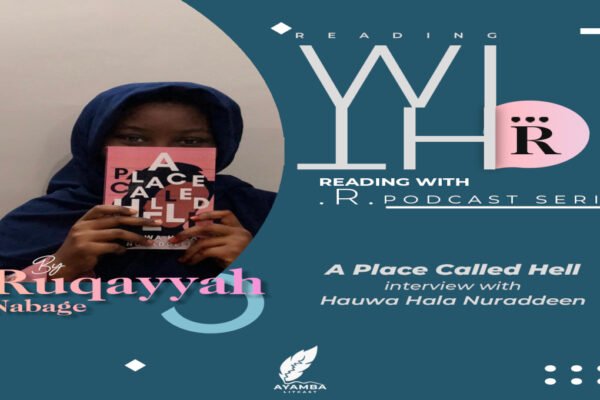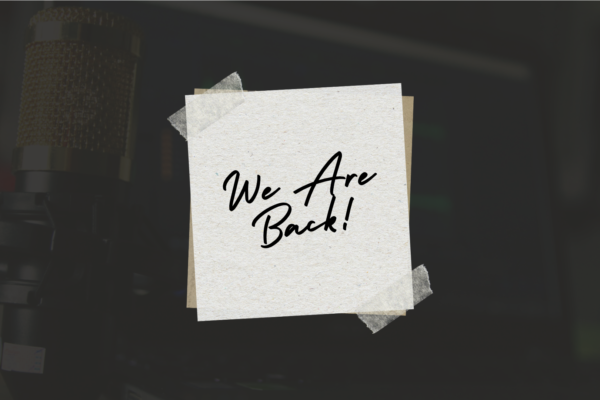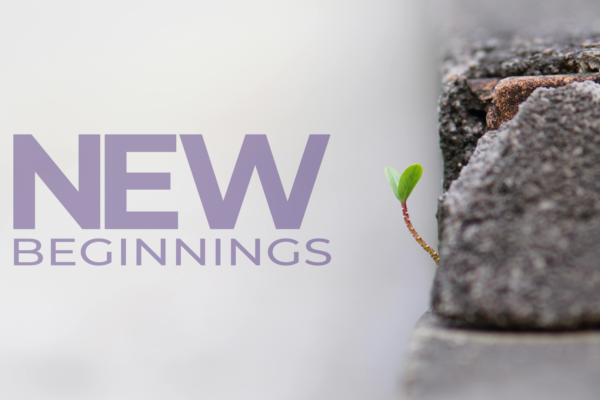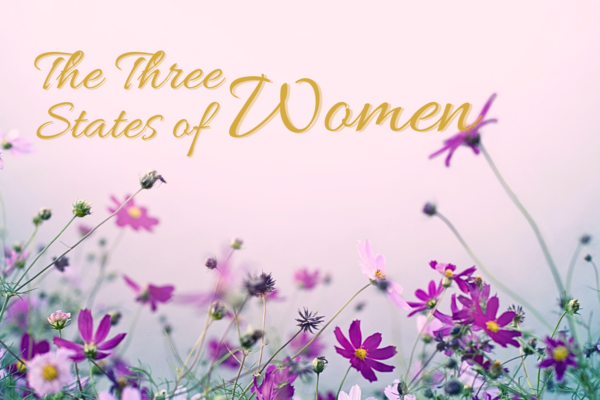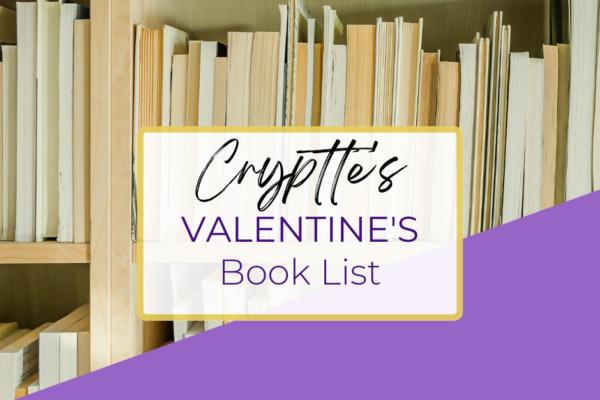Hauwa Shaffii Nuhu in Conversation with Hajara Hussaini
This interview was conducted in April, 2019.
… and it is scary because we bury ourselves in folds until we’re wrapped around layers that can’t be peeled or layers that make us bleed before we’re open. When you think of it, nonfiction is liberating, it’s kind of a reawakening, an inward search that leads us to truth, redemption and peace.
Ayamba: First of all, I want to say again even though I’ve said many times before, that your writing is so beautiful, it’s surreal.
I will begin with a question I often find myself asking writers; why did you go to writing, as solitary as it is? Did you choose it, or did it choose you? Was there even any choosing at all?
Hajara Husaini: Thank you Hauwa. Writing came naturally, because there were always stories in my head. I have a father who has diligently kept a diary since his youth and so he encouraged me to write. He would give me writing assignments, buy me books. It gave him great joy to see me put my thoughts to paper. And even when it was time to decide on a career, I never thought writing was something I had to think about. I always knew it was something I’d do alongside something else. It hasn’t been easy though. I’ve doubted my ability constantly but I’m still hopeful.
Ayamba: That’s a precious thing, to have a parent who encourages you to write. And I totally understand the writing as a side-thing. The thought of doing only it terrifies me, because I have long long periods of not writing. The writing simply abandons me. What would I do with myself in such circumstances, I always find myself thinking.
Do you have periods like that too? How do you navigate them?
Hajara Husaini: I have been experiencing a lot of that lately. It gets so so scary that sometimes I just give up, I feel misplaced, lost, like I’m wasting my life. I feel like an impostor. Last year, while attending the Purple Hibiscus Trust Creative Writing Workshop, I almost packed up to leave. It became increasingly hard to create anything and I cried several times. Those moments were horrible. For the last two years, I’ve gone back and forth on the question of my being a writer. I tell myself I’m not, decide to give up then something changes and I’m a writer again. It’s crazy really and I haven’t yet mastered the best way to handle it. Sometimes I just try to find something else to do. Or I read as much as I can.
Ayamba: It is crazy. I’ve found myself tossing and turning on the bed when I should be sleeping. I tell myself it’s probably because I had a busy and stressful day. But deep down, I know it’s because I’ve not been writing and it makes me feel less of who/what I am. But I try to read as much as I can during times like these. That way, I know I’m not exactly wasting my life.
About Purple Hibiscus Trust Creative Writing Workshop, what was the most valuable thing you took away from it? Give us expo.
Hajara Husaini: Actually there wasn’t anything new or spectacular about the workshop and I don’t mean this in a negative way. What was most important was the fact that there was “a safe space” to unveil ourselves. I was constantly feeling inept, I was so insecure and legit believed everyone was better at this writing thing than me and few days before it ended I made up my mind to never write again. But then the gracious Ms Adichie gave us an assignment to write about ourselves and the writing flowed for the first time since I was there and it was such a reassuring experience for me. I was deeply moved by how honest we all were and after that I enjoyed the rest of my stay, understanding that none of us was better than the other (even though it seemed so several times), it just had to do with individual strengths and weaknesses. It was not a competition; it was more about bonding, companionship and understanding that we’re never alone.
Ayamba: I’m so glad that you were able to overcome the feeling successfully. It can be crippling and stop us from doing the things that we could.
Do you write nonfiction?
Hajara: Thank you, Hauwa dear. Yes, occasionally I do nonfiction. I have a piece I wrote using a pseudonym and it was published in a nonfiction anthology. It was one of the hardest things I’ve ever had to do. Nonfiction demands brash honesty, it puts us at the centre and there’s so much fear of how the next person is going to react. There is this need to be politically correct all the time and it is scary because we bury ourselves in folds until we’re wrapped around layers that can’t be peeled or layers that make us bleed before we’re open. When you think of it, nonfiction is liberating, it’s kind of a reawakening, an inward search that leads us to truth, redemption and peace. I hope I do more of it.
Ayamba: This is so beautiful and aptly captured. Yes, nonfiction requires brash honesty and not everyone can afford to go deep inside themselves and come out fine. But like you said, it can be liberating.
Thank you for your time, Hajara. Is there anything else you’d like to say to close? Any word for writers? A shout-out to someone? Anything?
Hajara: I’d say never stop believing, it gets very tough and many times you’ll doubt yourself but never stop no matter what. And be close to people who believe in you, their belief strengthens you; it acts as a support system. I’m immensely grateful for everyone I know who believes in me. I’ve had the privilege of meeting incredible people whose words are enough motivation. People like you Hauwa, Basit Jamiu, Ishola Ayodele, Pwaangulongii, my CWC family in Zaria, Simbiat, my dad, my husband… there are just too many to mention. I don’t do enough to show my gratitude but I am so so thankful to have you all in my life. And thank you so much Ayamba, this has been lovely.
Hajara’s collection of short stories was shortlisted for the 2016 Saraba Manuscript Prize. She is an alumni of the 2018 Purple Hibiscus Trust Creative Writing Workshop.
The interviewer, Hauwa Nuhu Shaffii has her bio in the members’ profile section.
